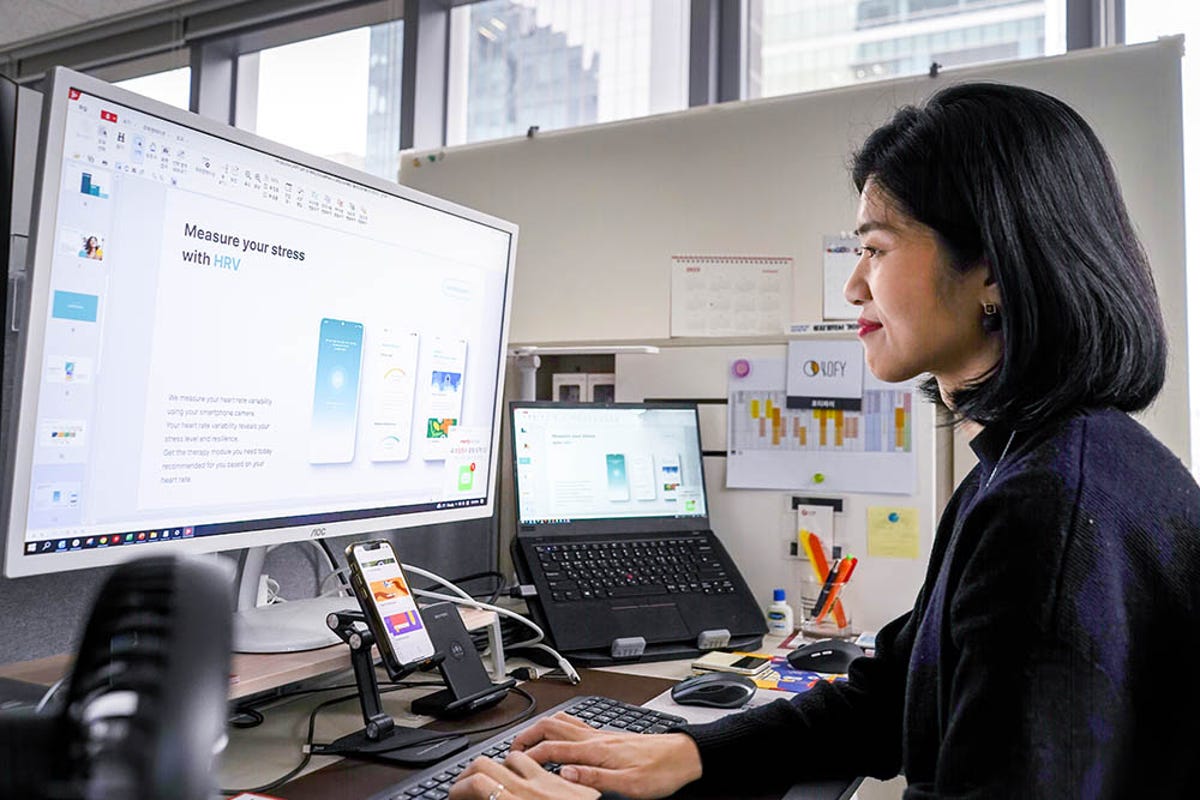Fellow Portrait
Woori Moon
40FY
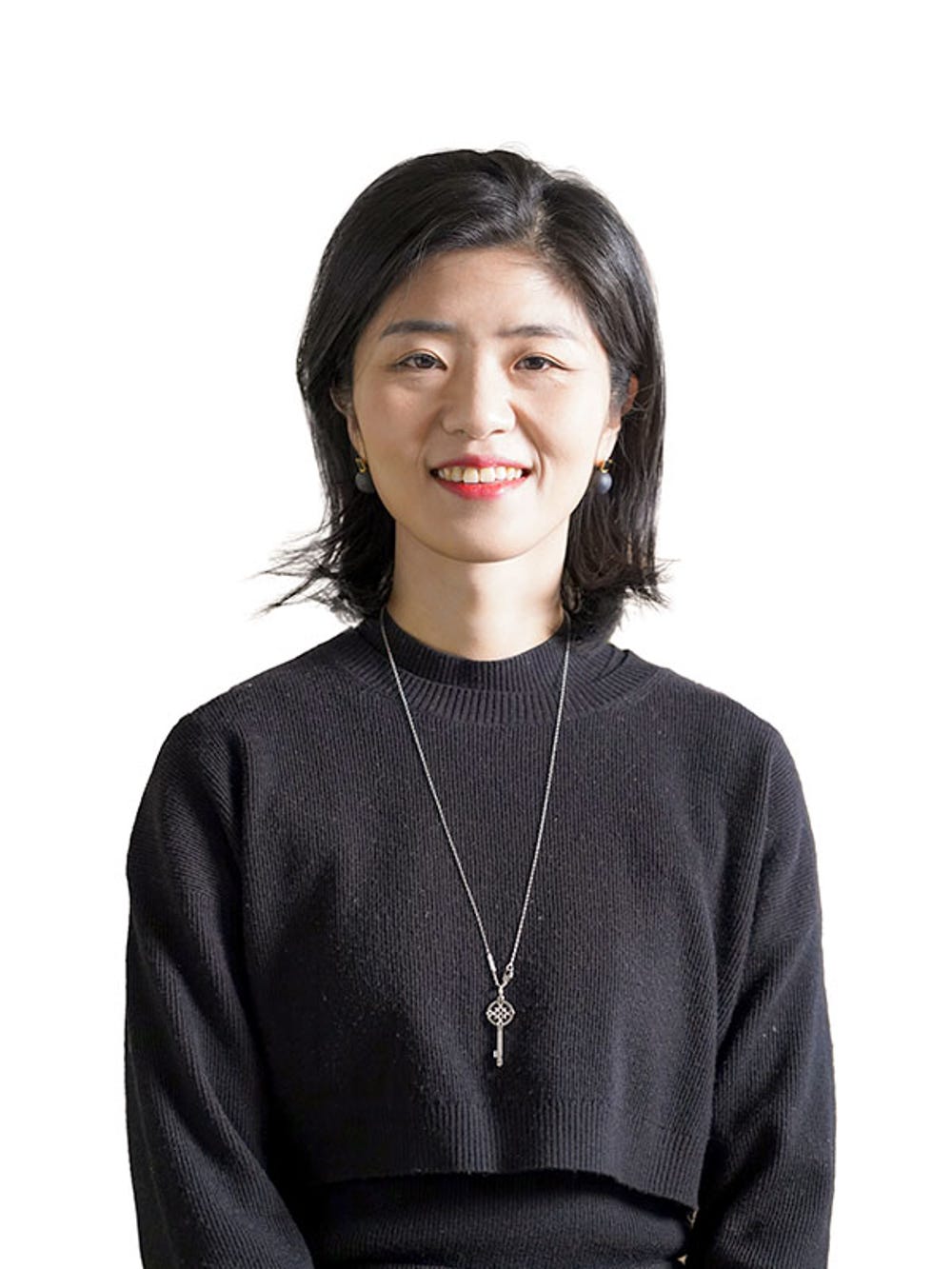
40FY’s MINDLiNG app uses artificial intelligence to provide customized mental health support accessible anywhere, anytime.
East Asia
South Korea
Fellow
2023
Updated March 2023
Stigma compounds cost and scarcity for South Koreans seeking mental health treatment
South Korea has an unfortunate number-one ranking: it has the highest suicide rate among developed countries (Source: OECD).But South Koreans often avoid seeking mental health treatment because of feared social stigma. Those sufferers who overcome the stigma barrier face high costs—USD$100 for an hour of psychotherapy in a country where the average hourly wage is less than USD$8—as well as a shortage of qualified professionals.
Woori Moon became aware of this serious problem as a medical resident at Seoul National University. Her first patient, who suffered from depressive disorder, had to travel three hours by train to the hospital for appointments. “Still, she met me almost every other week,” Woori says. When Woori returned from a brief time away, she noticed her patient had not booked any more appointments. She learned a few months later that the young woman had committed suicide. “I thought if there had been any other way to take care of her between the 20-minute visits, maybe this would not have happened.”
If there had been another way to care for my patient between the 20 minute visits, maybe she wouldn’t have taken her life. I want people to get proper mental health care anywhere, anytime, without any accessibility issues.
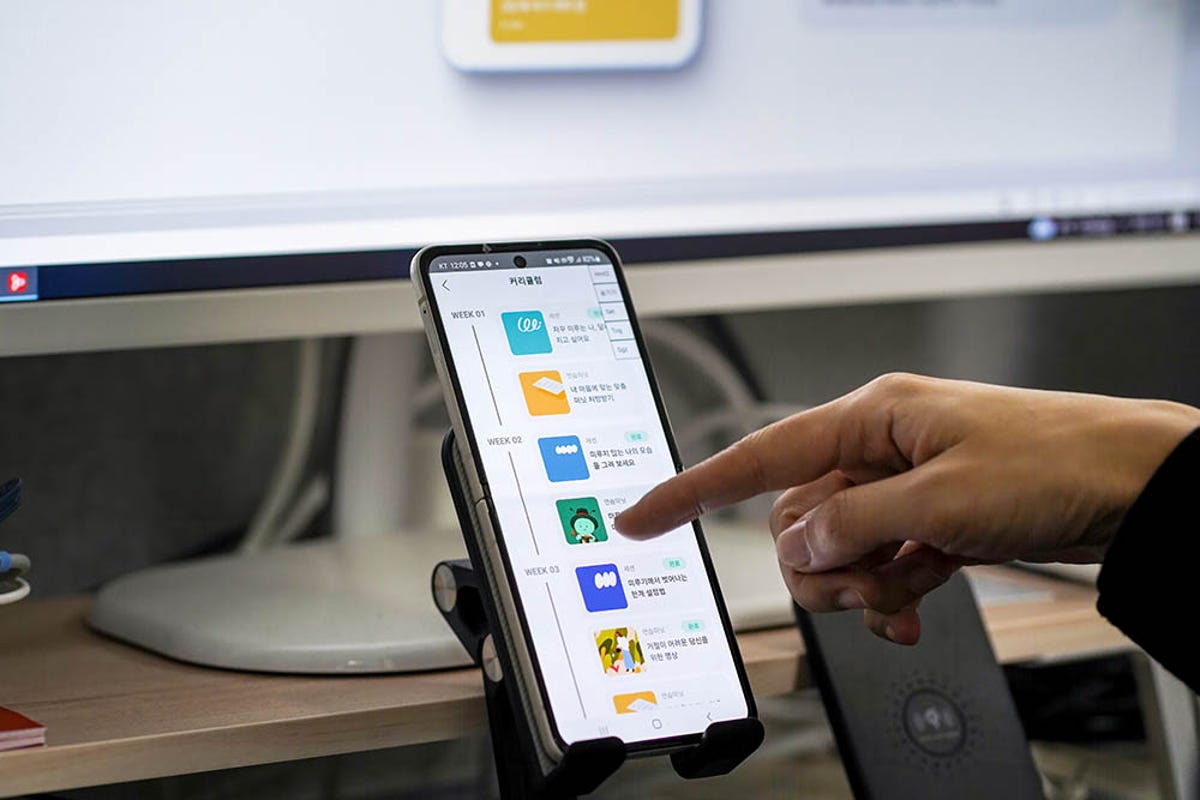
A personal, technology-enabled solution
Galvanized by the experience with her patient, Woori began developing MINDLiNG, an app that offers personalized, software-driven mental health therapy. “I realized it would be really helpful to create a tool that can let people get help without the limitation of accessibility.”
MINDLiNG uses artificial intelligence (AI), a growing area in psychotherapy (source: MDLinx), to customize each user’s experience as they chat with a virtual therapist. “We don't give the same content or the same program to everybody,” Woori says. “Our information-based personalization sets us apart.” The company is working on capturing biological data such as heart rate variability via smart phone and using that data to evaluate stress levels and stress tolerance. “We’ll measure those and then decide what kind of content is right for you.”
In Korea there are 2.5 million people suffering from mental illness but only 3,000 psychiatrists. There is a huge supply and demand gap. We leverage technology to reduce the burden of care so more people have access through a personalized app.
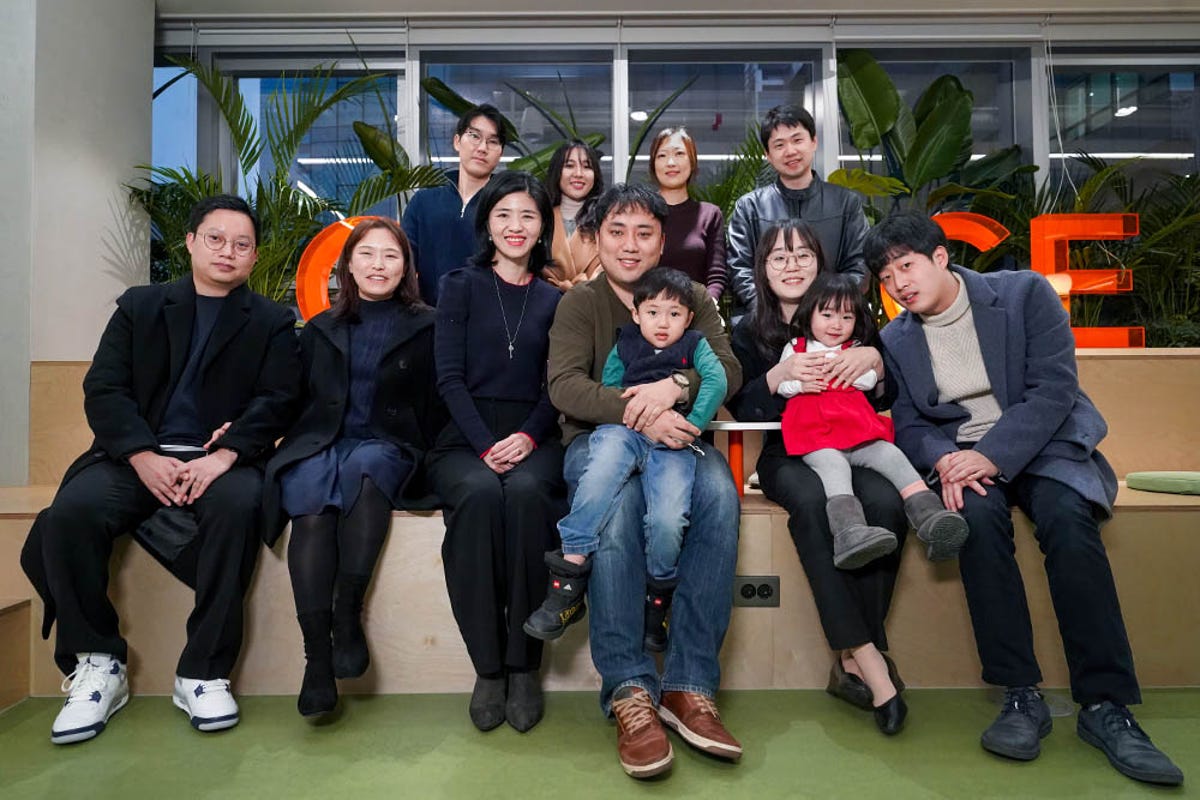
Mental health care for all—anywhere, anytime
Currently, more than 10,000 people in Korea use MINDLiNG. Eighty percent are women, with an average age of 32. Woori wants to deliver the app to as many people as possible both inside and outside of Korea. Plans include expanding into the United States and Japan.
Her vision is about more than saving lives and reducing suffering. “I want to help women expand and develop their mental potential so it's not just about overcoming illness—not only going from minus to zero. We also want to go from zero to plus.”
Inspired by the early tragedy of losing her first patient, she foresees saving thousands of people by using technology to bring mental health care services to anyone who needs them, wherever they are, at any time.
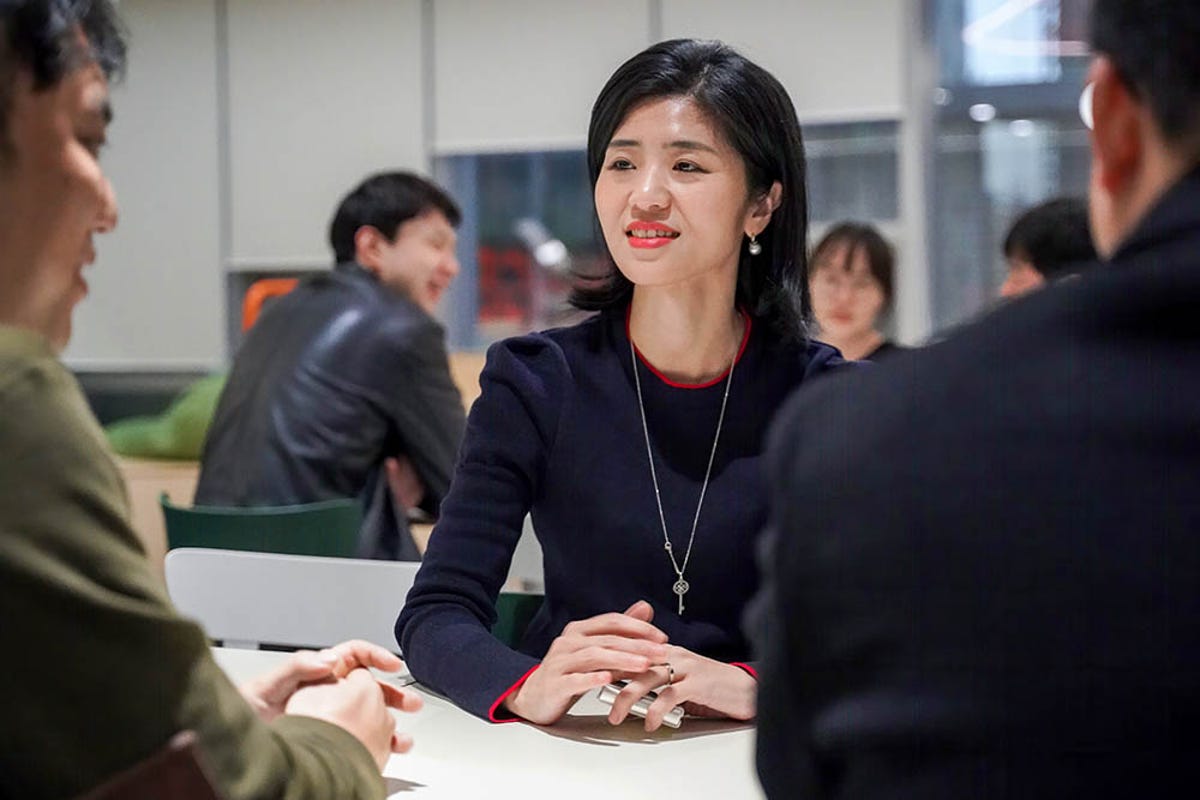
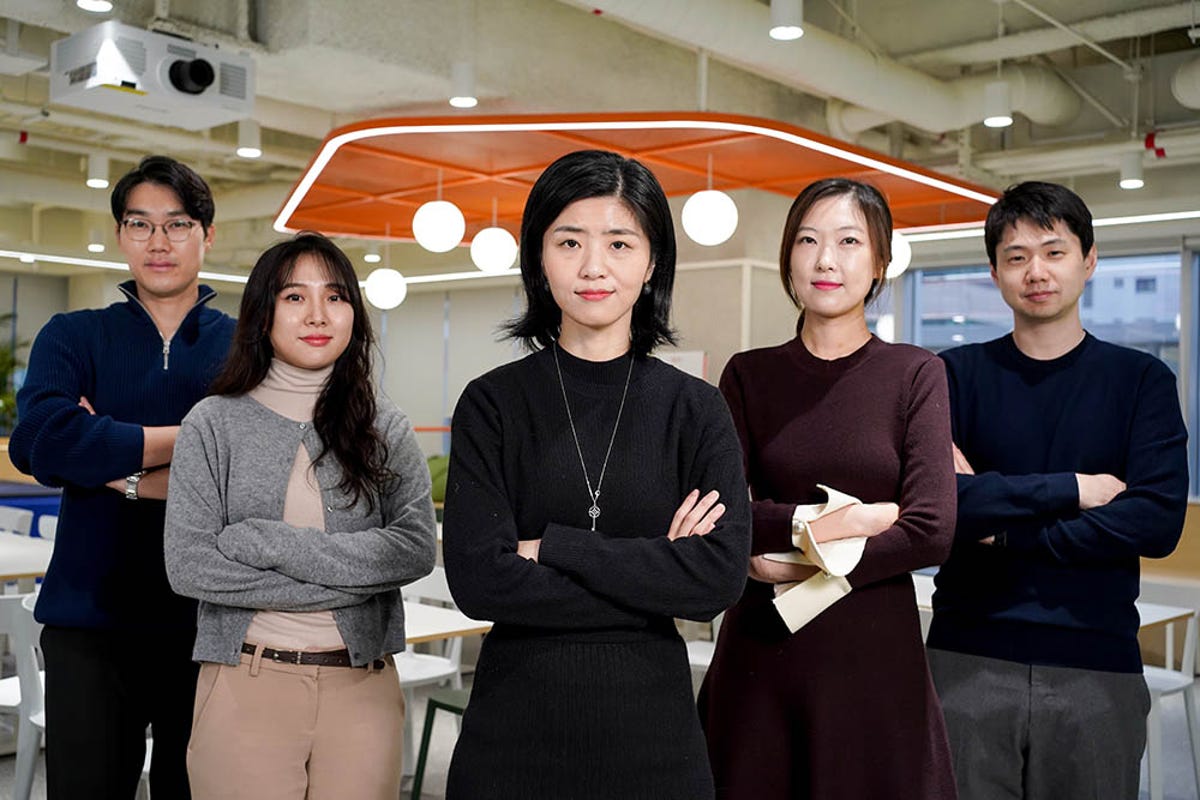
.jpg?&quality=80&auto=webp&width=1200)
